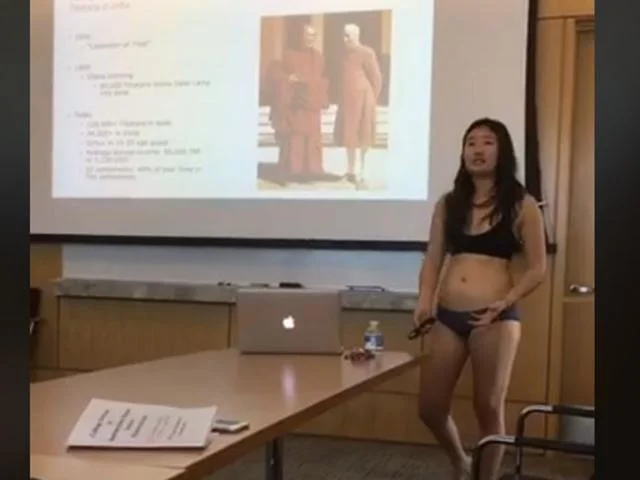It wasn’t supposed to end this way.
The CT scan of his lungs was supposed to be normal. Joe did not have any symptoms of cancer, no shortness of breath or unexplained weight loss. He was completely healthy. Nevertheless, new guidelines for lung cancer screening had just been announced and although he felt fine he fell within the screening parameters. I followed those guidelines and ordered a lung scan.
The results were a surprise. He had a mass in his lungs that was unquestionably cancerous in appearance. The news was bad but there was cause for hope. The scan seemed to have done its job and caught the cancer in time. The tumor appeared to be of an operable size and there was no evidence of spread. I was confident that Joe would be okay.
The surgeon shared my optimism and scheduled a resection of the tumor for the following week. The patient was upbeat, grateful that his cancer had been discovered early. He was nearing retirement and was looking forward to many more years with his family confident that our early diagnosis was going to give him those years. He felt so healthy that the day before the procedure he spent time with his grandson shooting baskets in his driveway.
We were all proven wrong. The surgery did not go well. The tumor was much larger than expected and was wrapped around one of the bronchi. Simple removal was impossible. The planned wedge resection gave way to a resection of the entire upper lobe of his lung. It was going to be a difficult recovery.
It was worse than difficult. Each day seemed to bring a new complication. We learned that his years of smoking had taken a much greater than expected toll on his lungs. He had more COPD than his tests had suggested, and the lungs he had left struggled to meet the oxygen demands of his body. The stress of the surgery led to Acute Respiratory Distress Syndrome, a life-threatening condition that causes lungs to get stiff and hard to inflate, as well as fluid to seep into the areas where oxygen is exchanged. We could not get him off of the breathing machine. Less than a week after shooting baskets with his grandson, he was dying.
Multiple specialists were called, all of them excellent, all of whom did everything they could to halt the downward spiral. They all failed. After about a week it was clear that he would not survive. Filled with sadness I came to the hospital to deliver the news to his shell-shocked wife. Together we made the decision to remove life support and let him go. We had done our best, but we had lost.
It is a sad reality of life that doing our best does not guarantee success. Excellence does not always result in good outcomes. This is not always easy to accept. We live in a results-based society that celebrates the motto from Apollo 13- “Failure is not an option.”
The truth is that failure happens, even to the best of us. Good doctors lose patients, good drivers get in car accidents, and good parents have kids that go astray. Those of us who understand this can resist the temptation to judge others based on things they cannot control, and take comfort in knowing that God judges us not on external results, but on the heart that only he can see.
- Bart



